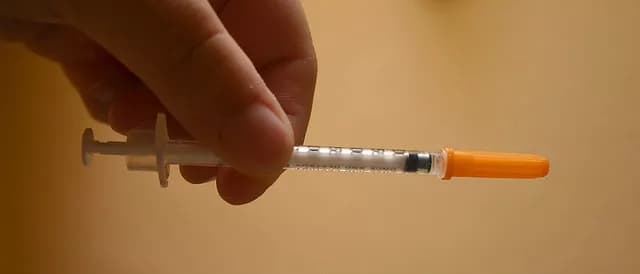
Plant Extracts for Treatment of Diabetes and Cancer
A research team in Australia experimented with plant extracts on cells in culture to assess their effect on glucose uptake, fat metabolism, and cancerous growth. The study finds that some traditional Aboriginal and Indian Ayurvedic extracts could be used to manage diabetes and could potentially be used for cancer treatment.
The team of researchers, led by Professor Palombo at the Swinburne University of Technology, investigated 12 medicinal plants for their effect on glucose uptake and fat metabolism since diabetes and obesity are often co-existing health conditions. Seven Aboriginal and five traditional Indian medicinal plants were used for the study. The common and scientific names of the herbs are:
- Traditional Aboriginal: Wichetty bush (Acacia kempeana), Dead finish (Acacia tetragonophylla), Umbrella bush (Acacia ligulata), Turpentine bush (Beyeria leschenaultia), Caustic weed (Euphorbia drummondii), Northern sandalwood (Santalum lanceolatum), and Australian sandalwood (Santalum spicatum)
- Ayurvedic Indian: Kalmegh (Andrographis paniculata), Brahmi (Bacopa monnieri), Kali musli (Curculigo orchioides), Konch (Mucuna pruriens), and Vijayasaar (Pterocarpus marsupium).
Dr. Vandana Gulati, the lead author of the research publication, said to Swinburne University Media, “We found that some of the plant extracts stimulated glucose uptake in fat cells while others reduced fat accumulation in fat cells.”
Of the medicinal plants tested, among
Traditional Aboriginal:
- Wichetty bush and Australian sandalwood- stimulated glucose uptake.
- Dead finish, turpentine bush, and caustic weed- significantly reduced fat accumulation in fat cells
- Wichetty bush and dead finish- strong activity against cervical cancer cells.
Indian Ayurvedic:
- Kali musli- promoted glucose uptake, as well as reduced fat accumulation.
- Vijayasaar and kalmegh- reduced fat accumulation in fat cells.
In the USA, the percentage of diabetic individuals is at 9.3% per available data from 2012 and is the 7th leading cause of death. This number is likely to rise, in accordance with the projection made by the World Health Organization (WHO), which predicts that diabetes will be the 7th leading cause of death by the year 2030. Globally, about 9% of the adult population was estimated to be diabetic in 2014.
Many of the deaths associated with diabetes are in low-middle income countries. The affected individuals often resort to traditional medicine for relief from symptoms. This warrants a look at the scientific basis of medicines that have been handed down generations in many cultures. In this regard, the research done by Dr. Palombo’s team is significant. Professor Palombo said to Swinburne University Media that the studies, in animals and eventually in humans, are required to take this research further.
If found effective in animal and clinical trials, the extracts will likely offer low-cost, natural alternatives to many poor and middle-class populations suffering from diabetes around the world.
Written by Mangala Sarkar Ph.D.
Related Articles
Test Your Knowledge
Asked by users
Related Centers
Related Specialties
Related Physicians
Related Procedures
Related Resources
Join DoveHubs
and connect with fellow professionals

0 Comments
Please log in to post a comment.